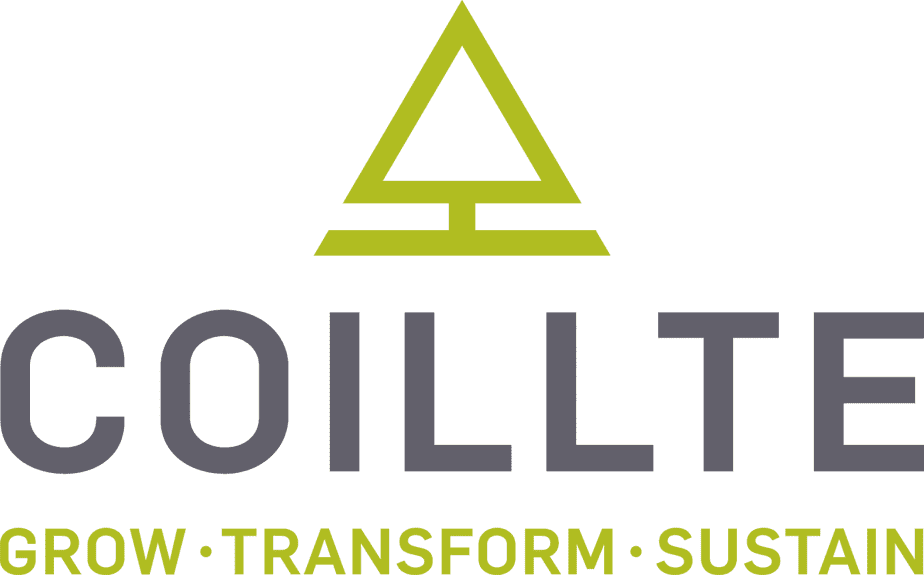Retail
The last decade has seen considerable change in the retail sector. The appearance and function of the traditional high street has changed.
The pandemic has exacerbated these changes, whereby remote and hybrid working patterns have reduced footfall in city and town centres. The core planning considerations around retail development remain to provide the correct type and scale of retail development in the right location, whether providing comparison retail uses in towns and city centres or convenience retail uses at appropriate locations, including neighbourhood and district centres.
In recent years, incorporating a mixture of uses as part of retail development proposals has become prevalent. It is often a requirement of Planning Authorities and An Bord Pleanála. In addition, requirements around design quality and placemaking have become fundamental planning considerations. These changing requirements have marked the end of the standalone retail box that was prevalent for many years








